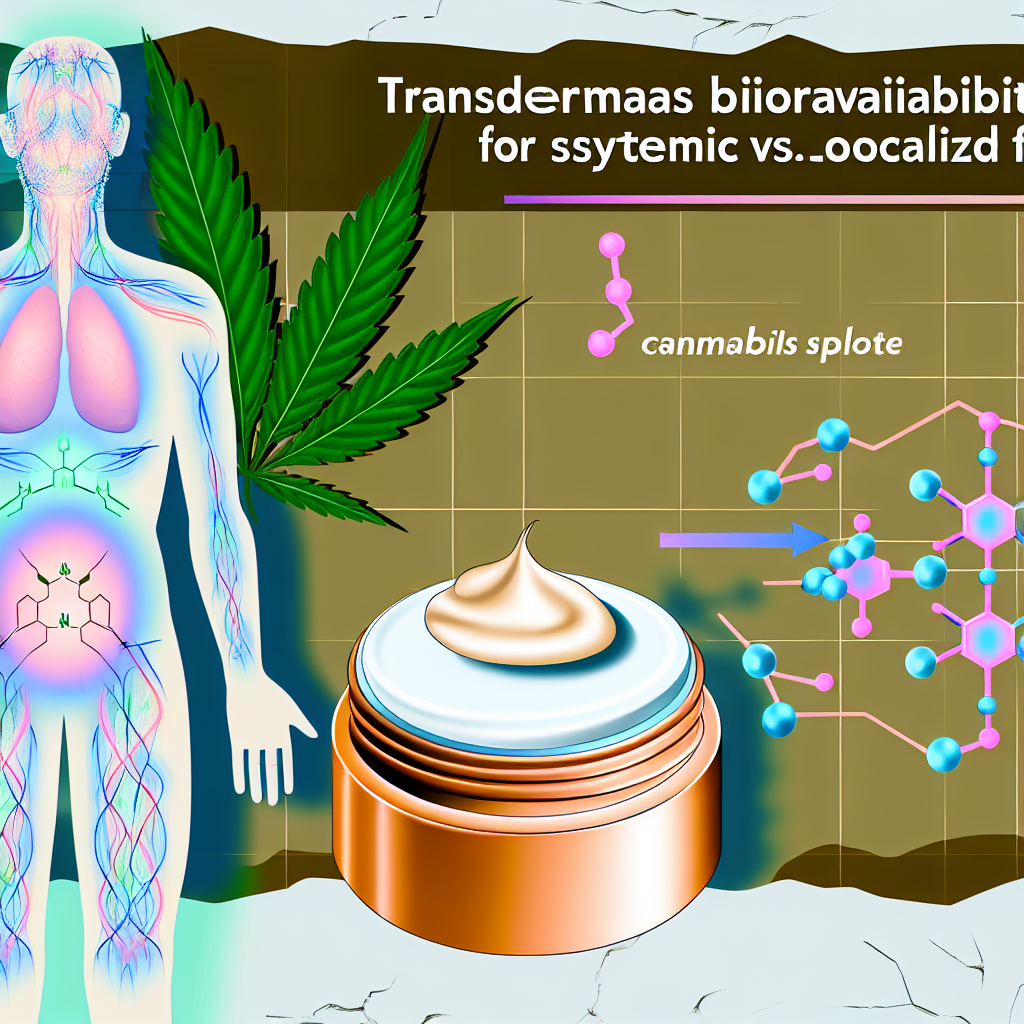Marijuana use disorder (CUD) is a long-term condition in which a person uses marijuana despite unfavorable effects. CUD is distinguished by decreased control over usage, compulsive use, and continuing use in the face of challenges.
CUD is a severe disorder that can have catastrophic consequences in a person’s life. People with CUD may have difficulties in their relationships, at work, and in school. They may also struggle to manage their emotions and suffer from anxiety, sadness, and other mental health issues.
CUD symptoms differ from individual to person. Among the most prevalent symptoms are:
Cravings: Strong cravings for marijuana
Tolerance: The requirement to consume more marijuana to obtain the same effect
Withdrawal symptoms include: When a person quits smoking marijuana, they experience adverse physical and emotional impacts.
Control failure: Controlling the amount of marijuana consumed is difficult.
Despite concerns, usage continues: Marijuana usage continues despite unfavorable repercussions, such as troubles in jobs, schools, or relationships.
A medical or mental health expert will diagnose CUD. There is no one test for CUD, but a doctor would most likely inquire about your symptoms, marijuana usage, and any difficulties that have arisen as a result of your use.
Therapies
There are several CUD therapies available. Among the most prevalent therapies are:
Cognitive-behavioral therapy (CBT): CBT is a form of treatment that assists people in changing their habits of thought and behavior. CBT can help reduce cravings and desire to consume marijuana in patients with CUD.
Motivational interviewing (MI) is a therapy that helps people discover why they desire to alter their behavior. MI can help assist persons with CUD in developing a plan to stop smoking marijuana.
12-step programs, such as Narcotics Anonymous, are peer-support organizations that can assist persons with CUD in quitting marijuana and staying clean.
Drugs: A variety of drugs are available to treat CUD. These drugs can assist with cravings and withdrawal symptoms.
If you suspect that you or someone you know has CUD, you must get treatment. There are several successful therapies available to assist persons with CUD in quitting marijuana and living healthy lives.
Taking Control
Here are some other CUD management tips:
Set attainable objectives: Don’t attempt to quit marijuana abruptly. Begin by making simple objectives, such as reducing your use or taking a few days off.
Locate a support system: Tell your friends and relatives about your predicament and solicit their help. There are also several online and in-person support groups.
Be patient: quitting marijuana is a difficult task. It requires time and effort. If you make a mistake, don’t give up. Get back up and try again.
People with CUD can recover and live healthy, productive lives with the correct therapy and support.




